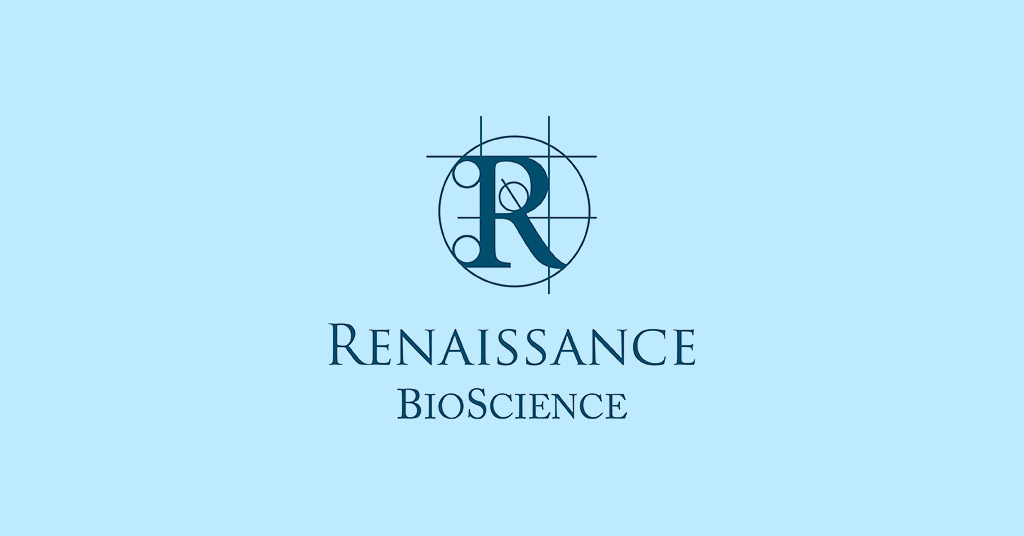Welcome To ChemAnalyst

Renaissance BioScience, a pioneer in developing innovative, non-genetically modified organisms (non-GMO) yeast technologies, recently received a series of patents for its acrylamide-reducing yeast from regulatory authorities in numerous countries, including Denmark, France, Great Britain, Italy, Mexico, Ukraine, and South Africa. This yeast, a clean-label ingredient, effectively reduces the formation of acrylamide in many everyday foods like chips, crackers, bread, cereals, and other snacks.
The newly granted patents join Renaissance's existing portfolio in ten other crucial markets, thereby solidifying the company's intellectual property stance.
Dr. John Husnik, Renaissance's Chief Scientific Officer (CSO) and Office of the CEO, expressed his satisfaction over the new patents. He emphasized that acrylamide is a global public health issue, especially for children who consume more common foods containing this carcinogen and neurotoxin due to their daily diet.
Dr. Husnik expressed his satisfaction that their acrylamide-reducing yeast is gaining acceptance and is being utilized by food manufacturers globally to minimize this contaminant in their offerings. He further emphasized the significance of acquiring additional patent grants to safeguard the application of their acrylamide-reducing yeast in various crucial food manufacturing processes.
Acrylamide is a probable carcinogen and genotoxin, as well as a confirmed neurotoxin. It naturally forms when carbohydrate-rich foods such as rice, grains, and potatoes are cooked at temperatures above 120 °C (248 °F). Long-term consumption of acrylamide has been associated with an increased risk of neurological disorders, metabolic syndrome, cardiovascular disease, and obesity. Recent studies have also found links between acrylamide consumption and human neurological and neurodivergent mental health issues, including anxiety and depression.
Acrylamide was discovered to be prevalent in different foods worldwide in the early 2000s. Since then, it has prompted regulatory bodies worldwide to regulate its presence in foods and beverages due to its significant public health implications. These increasing acrylamide regulations have led manufacturers to seek a clean-label solution for reducing acrylamide in their products while maintaining the same quality and costs.
In response, Renaissance developed a non-GMO, organic suitable yeast, sold globally as Acryleast and Acryleast Pro, and as Acrylow in Scandinavia. This yeast is used in standard manufacturing processes to naturally reduce acrylamide levels by up to 90%.
Renaissance's partners, Kerry Group, a global leader in sustainable nutrition, and Orkla Food Ingredients, a leading supplier of branded consumer goods, distribute these products. They allow food manufacturers to drastically reduce the acrylamide content of their products with minimal to no disruption to their operations.
The recent patents granted to Renaissance BioScience are a testament to the company's commitment to developing cutting-edge, clean-label ingredients that address global public health concerns. As the company continues to strengthen its intellectual property position, it is poised to play an even more significant role in the global food industry by providing viable solutions to pressing health issues.
We use cookies to deliver the best possible experience on our website. To learn more, visit our Privacy Policy. By continuing to use this site or by closing this box, you consent to our use of cookies. More info.
